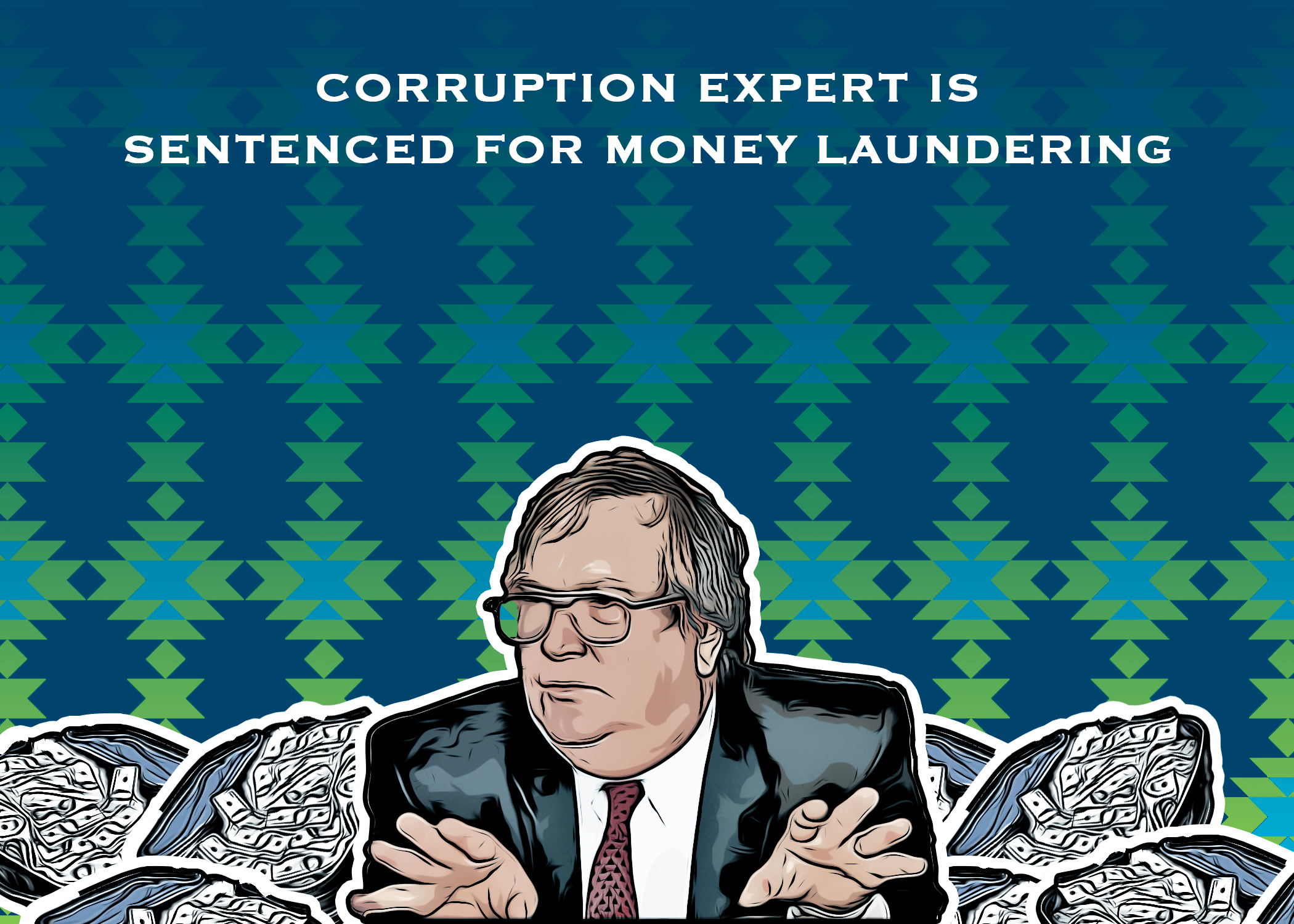
Professor Cited as Corruption Expert is Sentenced for Money Laundering
17 November (The New York Times)
Bruce Bagley is a noted expert on crime and corruption in Latin America, writing books on the topic and serving as a go-to person for journalists.
But at the same time, prosecutors said, Dr. Bagley, a retired University of Miami professor, was himself involved in a bribery and corruption scheme in Venezuela.
On Tuesday, Dr. Bagley, 75 and in poor health, was sentenced by a federal judge in Manhattan to six months in prison for money laundering.
Dr. Bagley, a former international studies professor, used bank accounts in his name and that of a company he created in Florida to launder about $2.5 million, keeping a commission for himself, prosecutors said. They said that he had personally reaped $192,000 from November 2017 to September 2018 as part of the scheme, adding that the money was “stolen from the citizens of Venezuela.” Dr. Bagley pleaded guilty in June 2020 to two counts of money laundering, prosecutors said.
Peter Quijano, a lawyer for Dr. Bagley, declined to comment Tuesday. In court papers this month, he argued for no prison time and a sentence of time served, noting that the nonviolent crime was his client’s first criminal conviction, that Dr. Bagley was in poor health, and that he had an otherwise distinguished career as a professor and mentor.
Mr. Quijano also said that Dr. Bagley had already suffered “severe collateral consequences” as a result of his conviction: irreparable harm to his career and reputation and the stress that affected his wife before her death this year. Mr. Quijano described Dr. Bagley as unfailingly devoted to his wife.
“He is overwhelmed by dark thoughts that his arrest, in fact, hastened her death,” Mr. Quijano wrote in a sentencing memorandum.
Prosecutors had argued for a sentence below guidelines of 46 to 57 months, but did not specify exactly how much lower. In court papers this month, prosecutors said that although Dr. Bagley’s age and health should be taken into consideration, some incarceration was necessary to serve as a deterrent.
In court on Tuesday, Judge Rakoff said that a sentence of up to five years, as recommended by federal guidelines, would be “irrational” and “overly punitive,” according to The A.P. But like prosecutors, the judge said some incarceration was needed. The judge recommended that Dr. Bagley’s sentence be served in a medical facility, according to a Justice Department spokesman.
According to prosecutors, Dr. Bagley opened a bank account in Florida under his company’s name, Bagley Consultants, in 2016. But there was hardly any activity in the account until a year later, when he started receiving large deposits from bank accounts in the United Arab Emirates and in Switzerland.
Those accounts ostensibly belonged to a food company and a wealth management firm but were actually controlled by a Colombian national whose money came from “the proceeds of foreign bribery and embezzlement stolen from the Venezuelan people,” according to an indictment.
Dr. Bagley knew the source of the money and entered into “multiple sham contracts” in order to conceal it, according to the indictment.
After each deposit, Dr. Bagley would go to his bank and get a cashier’s check for about 90 percent of the money, which he would then give to another individual, and wire the rest to his personal bank account, the indictment said.
In October 2018, the bank closed the company’s account because of suspicious activity, according to the indictment. But Dr. Bagley opened another account in his name that December and continued the scheme until April 2019, receiving at least 14 illegal deposits, prosecutors say.
Though Dr. Bagley lives in Florida and the laundered funds were sent to Florida banks, prosecutors said they were prosecuting the case in Manhattan because the money passed through New York City as it came from abroad.
Prosecutors said a prominent Colombian businessman, Alex Saab, was also involved in the scheme. Mr. Saab, known as a financial fixer for President Nicolás Maduro of Venezuela, was extradited last month by the United States to face money laundering charges on American soil, his lawyer said, making him one of the highest-ranking supporters of Mr. Maduro to be taken into American custody.
Dr. Bagley has studied organized crime in Latin America for decades and has been published frequently on the subject. He edited an academic book released in 2015 titled “Drug Trafficking, Organized Crime, and Violence in the Americas Today.” Another book he edited, on the relationship between countries and organized crime, was released in 2019.
Over the years, he has been quoted numerous times in media reports about drug trafficking, including in articles in The New York Times about the international drug trade and stories from NPR about the ongoing political crisis in Venezuela.



